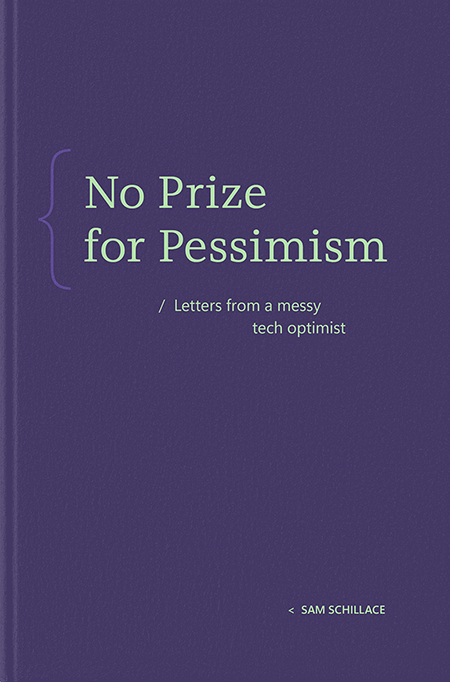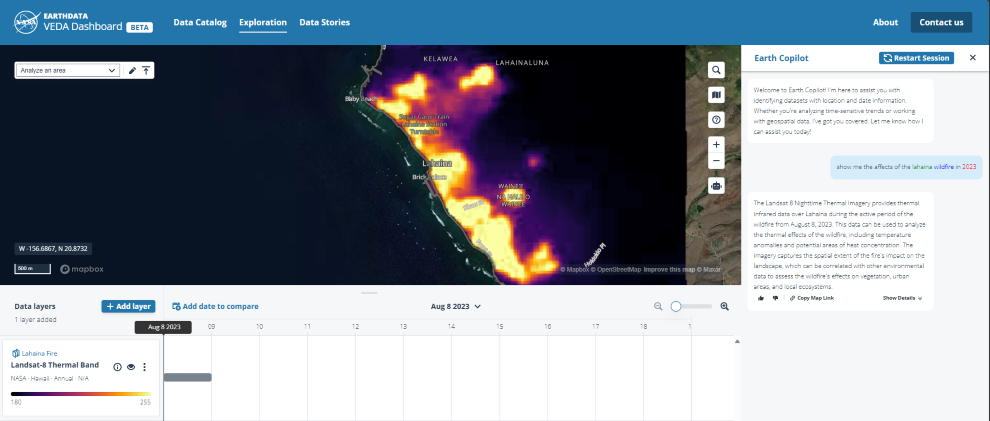June 2024 Recap: Azure PostgreSQL Flexible Server
Hello Azure Community,
June brought significant enhancements to Azure Database for PostgreSQL Flexible Server, including updates that leverage the latest PostgreSQL features, extend functionality, and improve migration processes. Here’s a brief overview of what’s new and notable:
Feature Highlights of June 2024
Major Version Upgrade support for PostgreSQL 16 (Generally available)
New PostgreSQL Minor Version in Flex (Generally available)
Pgvector extension version 0.7.0 (Generally available)
Migration service enhancements and updates
Troubleshooting Guides Enhancements
Added Support for China North 2 and China East 2 Regions
Long Term Backup support for CMK-enabled servers (Preview)
Azure Postgres sessions at POSETTE: An event for Postgres 2024
Major Version Upgrade support for PostgreSQL 16 (Generally available)
Azure Database for PostgreSQL Flexible Server now supports in-place major version upgrades to PostgreSQL 16 (Generally available). This update offers access to the latest PostgreSQL features with minimal downtime and a simplified upgrade process.
Key Benefits:
New Features: Leverage enhancements like pg_stat_io for I/O monitoring, improved query execution, and advanced replication.
Ease of Upgrade: Upgrade directly without data migration or changing server settings.
Minimal Downtime: Our streamlined process ensures a smooth transition with reduced production disruptions.
Supports both Azure Portal and CLI.
For a detailed guide on upgrading, visit our documentation: Major Version Upgrade
Support latest Postgres minor versions 16.3, 15.7, 14.12, 13.15, and 12.19
PostgreSQL minor versions 16.3, 15.7, 14.12, 13.15, and 12.19 are now supported by Azure Database for PostgreSQL – Flexible Server. These minor version upgrades are automatically performed as part of the monthly planned maintenance in Azure Database for PostgreSQL – Flexible Server. This upgrade automation ensures that your databases are always running on the most secure and optimized versions without requiring manual intervention. This release fixes one security vulnerabilities and over 55 bug fixes and improvements.
To learn more, please refer to PostgreSQL community announcement for more details about the new minor versions release.
Pgvector extension version 0.7.0
The latest version of the open-source Pgvector extension, 0.7.0, is now generally available on Azure Database for PostgreSQL Flexible Server. This version enhances performance with several new features:
Binary vectors support using the bit type for indexing up to 64,000 dimensions.
New capabilities for quantizing vectors with expression indexes.
Enhanced indexing with HNSW for L1 distance operations.
Additionally, Pgvector 0.7.0 introduces:
‘halfvec’: 2-byte floats supporting indices for up to 4,000 dimensions.
‘sparsevec’: Vectors mostly zero, supporting up to 1,000 nonzero dimensions.
New distance functions for bit vectors, including hamming_distance and jaccard_distance.
For detailed usage instructions of Pgvector on Azure Database for PostgreSQL, visit our documentation.
Migration service enhancements and updates
We’ve enhanced our migration service in Azure Database for PostgreSQL with several updates:
Runtime Server Public Preview: The Migration Runtime Server acts as an intermediary during migrations . It facilitates data transfer between various source PostgreSQL instances and Azure Database for PostgreSQL – Flexible Server, especially when both source and target are configured with private endpoints. This includes sources like on-premises databases, Azure VMs, or AWS instances accessible only via private networks. Learn more about the Migration Runtime Server.
Online Migration Public Preview: Significant enhancements have also been made to support seamless online migrations from various sources like Azure VM, On-premises, AWS RDS and is now publicly available in Preview. Learn more about online external migration and try using our click through demo.
Updated Troubleshooting Guide: Our troubleshooting guide has been updated to provide better support and more efficient problem resolution during migrations.
This service is designed to streamline the migration process, reduce downtime, and ensure data integrity during transfers. Refer this, to know more about
Enhanced Troubleshooting Guides
We’ve updated and streamlined our troubleshooting guides for Azure Database for PostgreSQL to enhance problem resolution:
New Sections Added: Features like Locking and Blocking in the CPU guide and Autovacuum per Table with Enhanced Metrics in the Autovacuum monitoring guide have been included to address more complex issues.
Server Parameter Validations: New validations ensure server settings adhere to recommended configurations and alert users with informational messages or warnings if deviations occur.
Improved Accessibility: Troubleshooting guides have been relocated from the Help section to the Monitoring section for easier access.
Enhanced Usability: Guides have been simplified to improve clarity and ease of use.
For a deeper understanding of the updated troubleshooting processes, refer to this blog Introducing new troubleshooting guides features.
Added Support for China North 2 and China East 2 Regions
This June we introduced support for two new regions in Azure Database for PostgreSQL- Flexible Server: China North 2 and China East 2. This expansion is part of our ongoing commitment to help existing Single Server customers in these regions to migrate to Flexible Server. Current and new Flexible Server customers should consider China North 3 and China East 3 for their deployments.
For the detailed list of supported regions, refer to Azure PostgreSQL Flexible Server supported regions.
Long Term Backup Support for CMK enabled Server (Public Preview)
Azure Database for PostgreSQL Flexible Server now offers long-term retention (LTR) for servers enabled with customer-managed keys (CMK) using Azure Backup. This feature allows you to configure LTR backups for your flexible servers secured with CMKs and retain these backups for up to 10 years to fulfill your compliance and regulatory obligations
For a detailed guide on LTR backups, visit our documentation Long Term Retention – Flexible Server
Azure Postgres sessions at POSETTE: An event for Postgres 2024
At POSETTE 2024, a range of sessions focused on the latest developments and practical uses of Flex PostgreSQL. Here’s a complete list of Azure Database for PostgreSQL Flexible Server sessions that were presented:
“All The Postgres Things at Microsoft” by Charles Feddersen – Keynote exploring Microsoft’s extensive investments in PostgreSQL. From core features in Azure PostgreSQL and innovative extensions like Azure_AI and Citus, to our deep involvement in the PostgreSQL community. (Main Stage)
“Autotuning PostgreSQL on Azure Flexible Server” by Luigi Nardi – Explore how machine learning is revolutionizing database tuning. (Livestream 4)
“HA and DR at a glance with Azure Database for PostgreSQL” by Silvano Coriani – Dive into robust solutions for high availability and disaster recovery. (Livestream 2)
“Making Postgres inserts faster on Azure” by Gayathri Paderla – Learn techniques to enhance data insertion speeds. (Livestream 1)
“Tales from the Field – Oracle to PostgreSQL migrations” by Adi K – Gain insights into effective migration strategies. (Livestream 3)
“Using Azure Query Store to Understand PostgreSQL Performance” by Grant Fritchey – Optimize your queries through detailed performance insights. (Livestream 3)
“What Enterprises like about Azure Database for PostgreSQL” by Kanchan Bharati – Discover why enterprises choose Azure for critical operations. (Livestream 1)
“What Makes Azure Database for PostgreSQL Great for Developers?” by Varun Dhawan – Learn about the features that enrich the PostgreSQL developer experience. (Livestream 3)
“6 things you can do with azure_ai & PostgreSQL on Azure” by Denzil Ribeiro – Explore the integration of azure_ai with PostgreSQL. (Livestream 3)
“Advancing Drug Search with PostgreSQL and Azure AI” by Taras Kloba – See how PostgreSQL and Azure AI are transforming drug discovery. (Livestream 4)
“From Postgres full text search to Retrieval Augmented Generative search” by Adam Wolk – Delve into the evolution of search technologies in PostgreSQL. (Livestream 2)
“Postgres-powered AI: Running an End-to-End AI Platform with Postgres on Azure” by Jaehyun Sim – Explore building a complete AI platform using PostgreSQL on Azure. (Livestream 1)
These sessions provided valuable insights and strategies for leveraging PostgreSQL in a variety of environments. For a complete list of all talks at POSETTE 2024, refer to the session schedule.
Conclusion
The updates from June 2024 demonstrate our commitment to enhancing Azure PostgreSQL Flexible Server’s performance, usability, and global accessibility. We’re excited to see how these improvements will support your projects and simplify database management. We encourage you to explore the new features and share your feedback at AskAzureDBforPostgreSQL@microsoft.com. Your feedback and insights are invaluable as we continue to evolve our services to meet your needs.
Thank you for your continued support and engagement with Azure PostgreSQL Flexible Server!
Microsoft Tech Community – Latest Blogs –Read More












